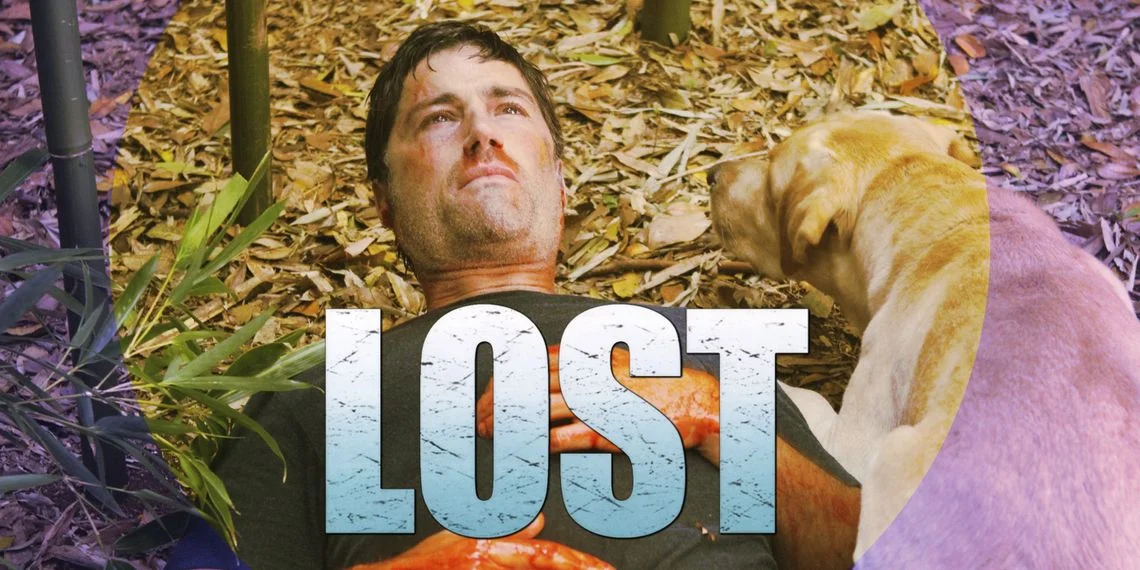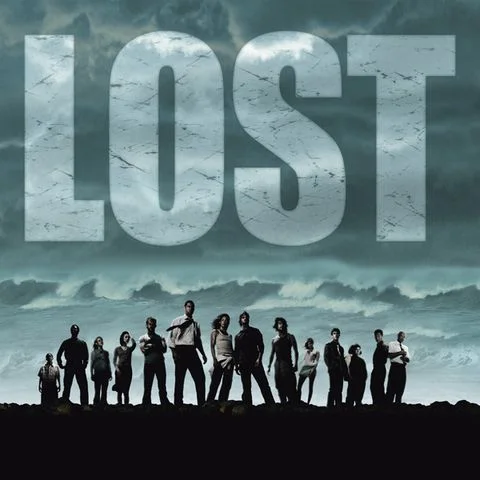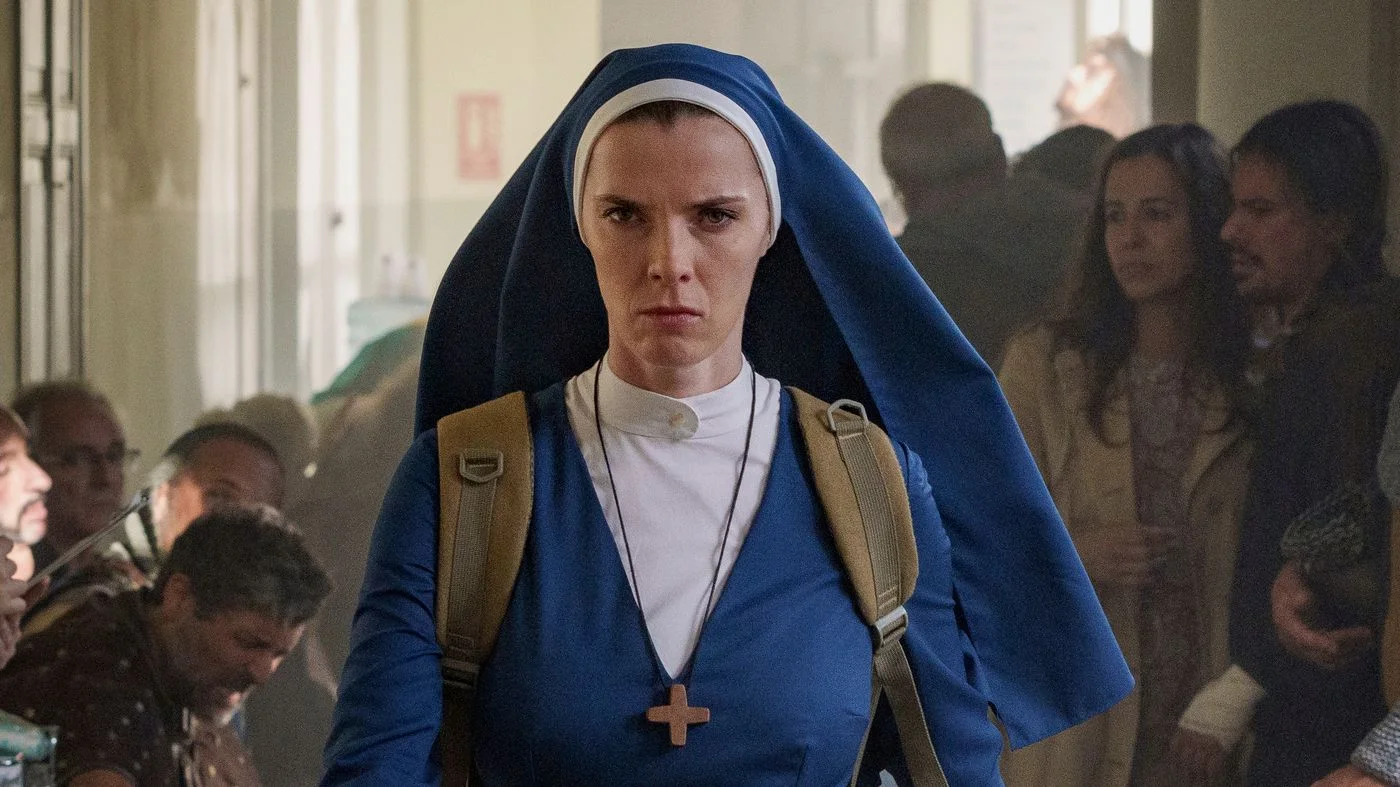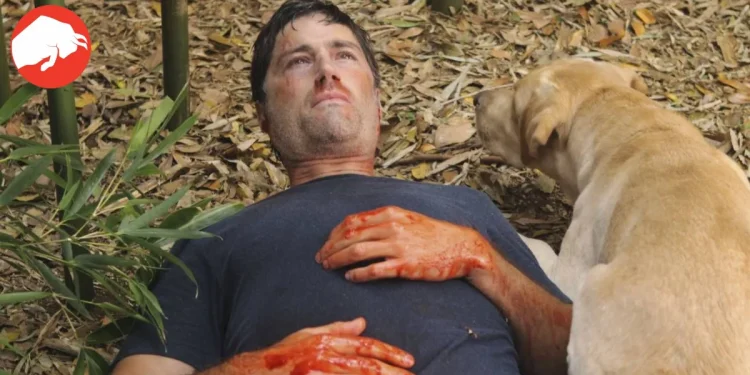The Allure of ABC’s Lost: More Than Just a Plane Crash
It’s not every day a show comes along and captures the imagination of millions, but ABC’s “Lost” did just that. Stephen King once hinted at foreseeing the cultural phenomenon, a series rich with complex characters and compelling storylines, crafted by the creative minds of Damon Lindelof and J.J. Abrams. The show, which kickstarted with a dramatic plane crash, spiraled into a narrative so engaging that actors like Matthew Fox and Emilie de Raven found themselves immortalized by their roles.

“Lost” wasn’t just a show; it was an experience that redefined television storytelling with its bold narrative techniques. Its six seasons were a concoction of drama, mystery, and supernatural elements, all led by a diverse and talented cast, including Naveen Andrews, Josh Holloway, and more. As it moved from flashbacks to flashforwards, and finally to the much-discussed flash-sideways, “Lost” continually pushed the boundaries of traditional TV narratives.
The Finale That Divided Fans: A Look Back at “Lost’s” Conclusion
The series finale of “Lost” remains one of the most talked-about conclusions in television history. The two-part ending, while controversial, provided a poignant and somewhat cryptic conclusion to a show that never shied away from challenging its audience. The ending saw Jack, the central figure of the series, finally closing his eyes in a moment that mirrored the series’ opening, symbolizing a full-circle narrative journey.

The finale was layered with emotional and metaphysical implications. Many interpreted it as an allegory for the afterlife or purgatory, with the characters congregating in a church before moving on to the next stage of existence. This interpretation was fueled by the show’s ongoing themes of redemption, fate versus free will, and the eternal struggle between good and evil.
Legacy and Influence: How “Lost” Changed Television

“Lost” wasn’t just a show; it was a cultural phenomenon that left a lasting impact on television storytelling. Its narrative structure, with its innovative use of flashbacks, flash-forwards, and the enigmatic flash-sideways, inspired a generation of writers and creators to experiment with non-linear storytelling. The show’s use of mythology, combined with character-driven drama, set a new standard for serialized television.
The series also played a significant role in the rise of fan theories and online communities. Its complex plot and cryptic mysteries sparked intense online debates and discussions, making “Lost” one of the first TV shows to benefit significantly from the burgeoning internet culture of the 2000s.

What’s Next for the Masters Behind the Mystery?
While “Lost” may have ended, the creative minds behind the show continued to explore and expand their storytelling horizons. Damon Lindelof went on to work on projects like the critically acclaimed “The Leftovers” and the groundbreaking “Watchmen” series, further cementing his reputation as a master of complex, character-driven narratives. J.J. Abrams, known for his work across various genres, continued to leave his mark on both television and film, from reviving the “Star Trek” franchise to stepping into the “Star Wars” universe.

Their legacy continues with new projects that promise to push the boundaries of storytelling, just as “Lost” did. As the entertainment industry evolves, the influence of “Lost” and its creators can be seen in the daring and innovative works that continue to captivate audiences worldwide.
In remembering “Lost,” fans and critics alike look back at a series that was more than just a show about stranded plane crash survivors. It was a complex tapestry of human emotions and existential questions, wrapped in a narrative that dared to ask more of its audience. “Lost” remains a seminal work in television history, a testament to the power of storytelling and the endless possibilities of the medium. Whether revisiting the series or experiencing it for the first time, the journey into the heart of “Lost” is as mysterious and compelling as the island itself.









